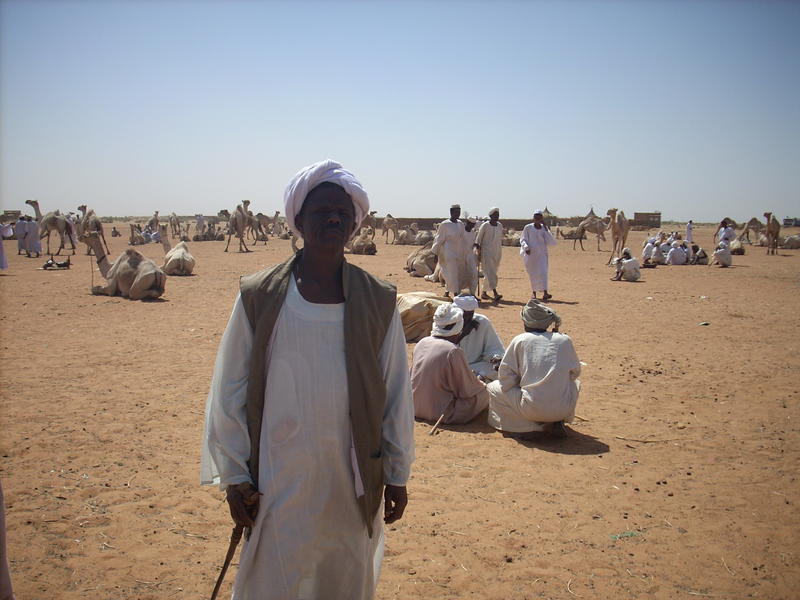Conflits politiques ou politisation des conflits liés au pastoralisme ?
Date: juillet 2017
Source: Foncier & Développement
Par: Jean Huchon, Ken Peter Otieno, Blasius Azuhnwi
La gestion des conflits est au centre des attentions lorsqu’il est question de pastoralisme. Une acceptation semble même se généraliser : les conflits seraient inhérents au pastoralisme. Au pire, il les engendrerait, au mieux, il les exacerberait. Cet article propose dans sa première partie, des clés d’analyse pour une compréhension des dynamiques à l’origine de ces conflits.




